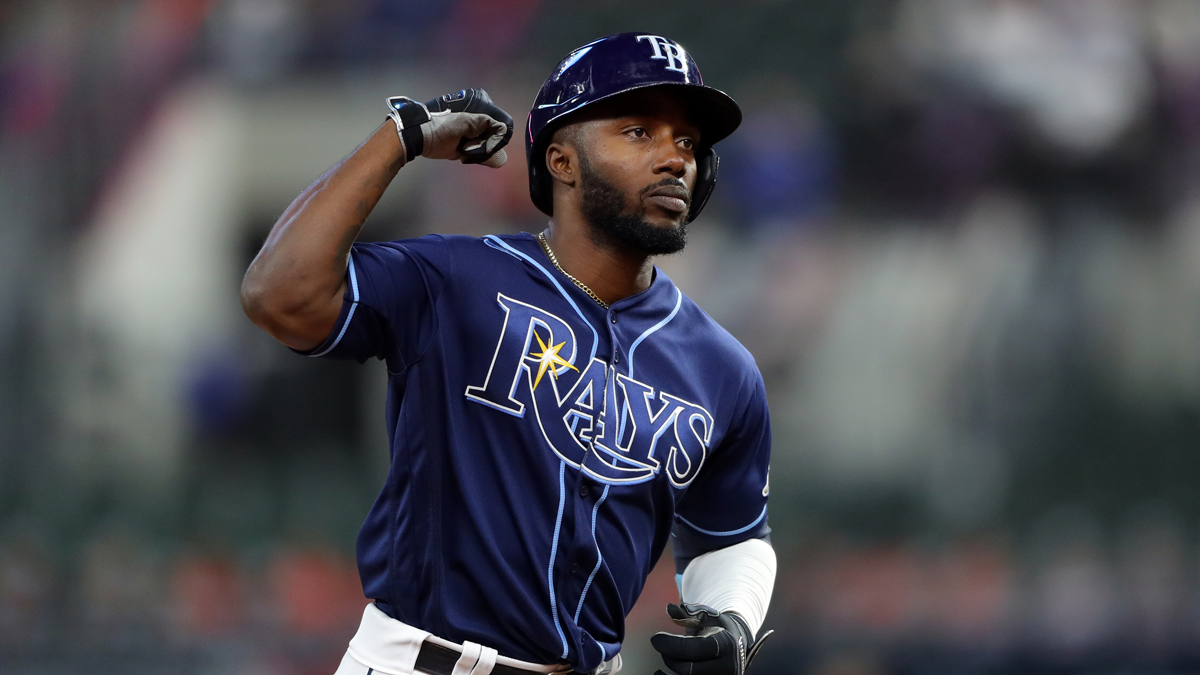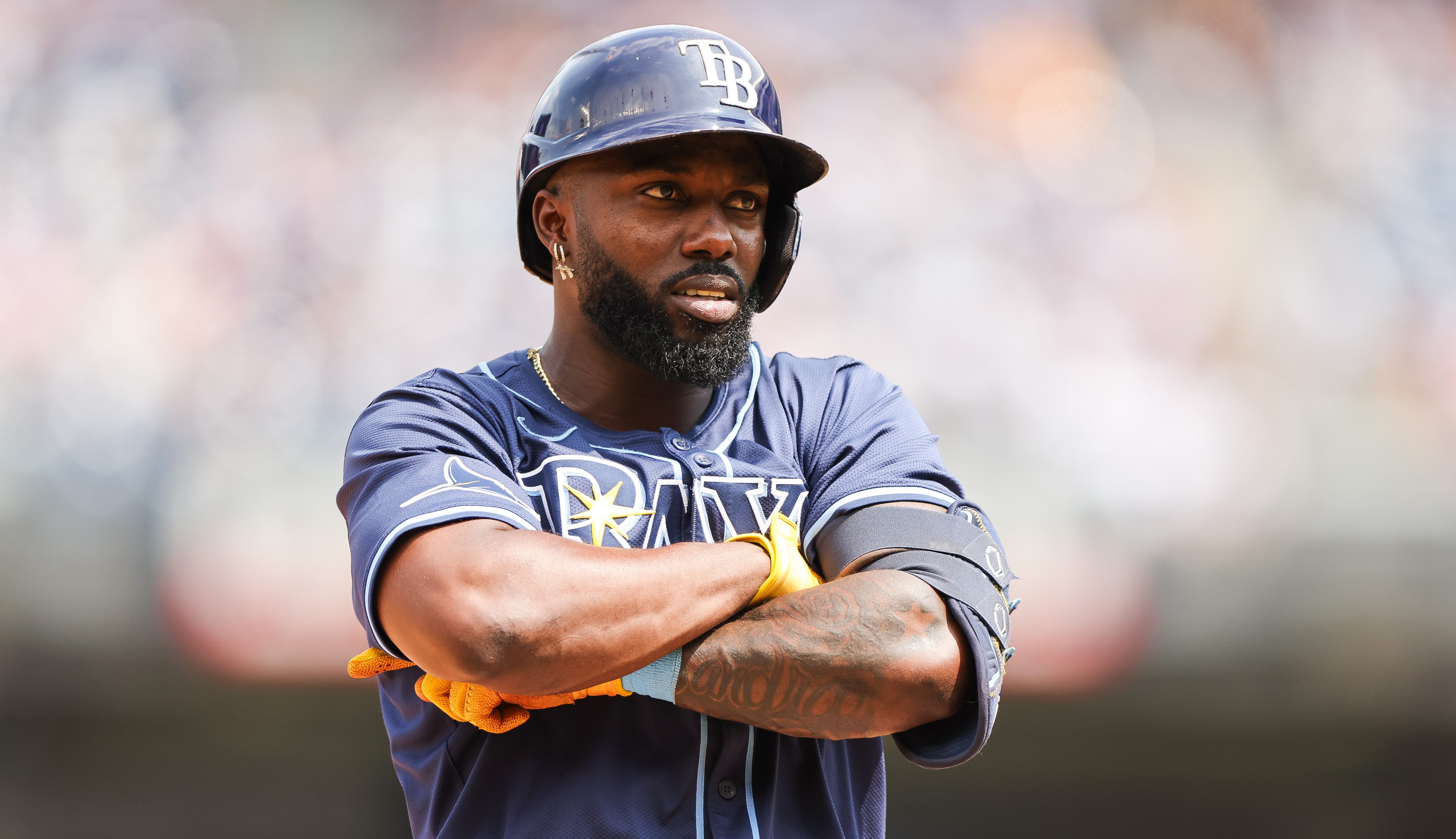
On Wednesday, CSN producer and respected colleague Casey Feeney broke down the key points of the Jonathan PapelbonRyan Madson debate.
Im largely in agreement with his first point. Papelbon is indeed a better pitcher than Madson, with much more closing experience. Papelbon has also been money in the playoffs, though he does have a Juan Uribe moment of his ownin 2009, he blew a two-run lead in the ninth inning to give the Angels an ALDS series win.
The second point, that the Phillies may not have overspent for Papelbon or that the fans may be overstating the cons of a 50-plus million contract for a closer, is not an opinion I share.
When has Amaro not signed a player he truly wanted because of financial limitations? Feeney asks. If and when that day comes, then contract value is a legitimate concern. Until then, relax and enjoy the show.
My response? There is no real way to know that Amaro hasn't missed out on a player he truly wanted because of financial limitations.
Its not as if organizations explicitly make known the players they covet, or admit regret for past decisions. For all we know, Amaro could have truly wanted Adrian Beltre last season (to shift Placido Polanco to second base) to protect against the worst-case scenario of Chase Utleys injury.
That probably wasnt the case, but again, wed never know if it was. The team and the player were never connected publicly, but for all we know Amaro could have been kicking himself at his desk for an inability to make a realistic offer.
MLB
This idea is certainly playing a role this offseason, when Ryan Howards extension has prevented the Phillies from being the frontrunner for Prince Fielder or Albert Pujols.
Would the Phillies front office ever admit to overpaying Howard when waiting out the market (as they should have done with Papelbon) was the more shrewd option? No. Nor would they come out in 2013 and say We really wanted to sign David Wright... if only we could get that 13 million back from Papelbon.
Just because the financial implications arent impactful today doesnt mean they wont be tomorrow.
The final argument, that 2008 Brad Lidge was proof that when you have a chance to shore up the end of the game, you do it, can go either way. Yes, the Phillies did something in 2008 that changed the psyche, the faith and the expectations of the Philadelphia fan, and yes, Lidge played a huge role in that.
But Lidge also followed that up with the worst year any full-time closer has ever had. And he did it while being paid the first 12 million of a 36 million deal. As much as Lidge contributed in 2008 was as little as he contributed in 2009. The Phillies dont win in 2008 without Lidge, but maybe they do win in 2009 without him. The volatility of this position is what makes an overpayment so scary for the present and future.
Do I think its cool to have Jonathan Papelbon in red pinstripes? Absolutely. At no point in Papelbons career did I ever picture him one day coming to the Phillies.
But the financial ramifications of the deal that brought Pap to town shouldnt be dismissed. Theres a reason teams dont pay 50 million for closers.
E-mail Corey Seidman at cseidman@comcastsportsnet.com.


